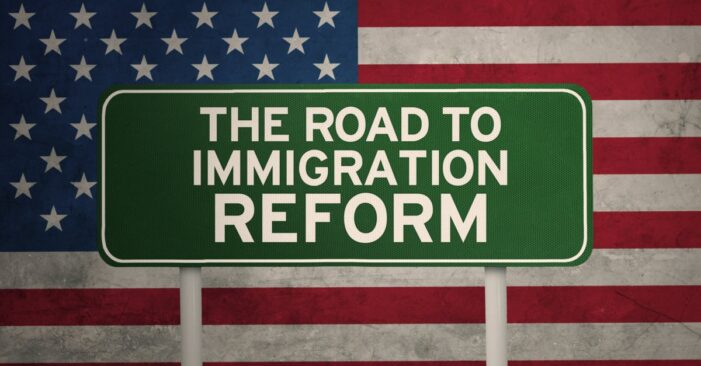President Biden sent a bill to Congress on day one to restore humanity and American values to our immigration system. There are certain things that every immigrant should do before applying for any immigration benefit, whether it be a green card or U.S. citizenship or other temporary status. While this is only a proposal and a bill has not been signed into law, we do believe in preparation. Therefore, we recommend that immigrants hoping to qualify for relief under an immigration reform bill begin preparing by taking the following steps now:
1. Identity records: Obtain original identity documents for you and your family, including birth certificates, adoption records, marriage certificates, divorce decrees, consular identifications, etc. For foreign documents, you may need to contact your country’s consulate.
2. Criminal records: Obtain certified final court dispositions for all arrests and convictions you may have. Even expunged arrests and convictions will need to be disclosed and a certified final court disposition will need to be provided. These can usually be obtained at the court’s office of records, or from the police department’s records office where the arrest occurred. This includes both arrests and convictions in the United States and in any foreign country. FBI records: If you have ever been arrested, an FBI background check should be completed by submitting a completed fingerprint card with fee to the FBI.
3. FOIAs: If you have ever had any contact with any immigration authorities, you should file a Freedom of Information Act (FOIA) request with the appropriate government agency to obtain a copy of your records. Since immigration involves multiple different government agencies, different FOIAs may be necessary depending on the type of contact you previously had with immigration authorities:
–U.S. Citizenship & Immigration Services (USCIS): You should seek this FOIA if you have previously filed for an immigration benefit with this agency (for example, work permit, asylum, etc.), if someone previously petitioned for you (for example, family or an employer), or if you have deportation or detention records. If you cannot obtain records of petitions filed by another person on your behalf, it may be necessary for that person to file a FOIA as well.
–Customs & Border Protection (CBP): You should seek this FOIA if you were ever apprehended or detained at the border or had other negative interactions with border agents.
-Immigration & Customs Enforcement (ICE): You should seek this FOIA if you have ever been arrested by ICE (immigration police) in the U.S. or were detained in immigration detention.
-Office of Biometrics Information Management (OBIM): You should seek this FOIA if you have ever been fingerprinted by immigration authorities, either at the border or inside the U.S. as part of other immigration applications.
-Executive Office of Immigration Review (EOIR): You should seek this FOIA if you have ever had a deportation case in immigration court, have ever been ordered deported or had other court decisions issued in your case.
-Department of State (DOS): You should seek this FOIA if you have previously applied for a visa or passport at a U.S. Consulate abroad, particularly if there may be derogatory information in those prior applications. Please note that DOS FOIAs are severely backlogged and DOS often does not respond.
Listen to “Biden’s 2021 Amnesty Pointers” Podcast below:
4. Taxes: Remember, anyone working and earning income in the United States may be required to file a tax return. This is true even if the person is working without authorization or working for cash. Consult with a qualified tax professional for assistance with filing your tax returns. If you have filed tax returns in the past, but you do not have copies, you can request transcripts of your prior tax filings from the IRS.
5. Evidence of presence in the United States: Just like all prior immigration laws before it, President Biden’s immigration reform bill, if passed, would require applicants to prove their physical presence in the United States for a certain period of time. You should gather a variety of documents to prove how long you have continuously resided in the United States. It is recommended that you collect objective evidence, such as bills, leases, bank accounts, tax filings, pay stubs, medical records, school records, religious records, insurance records, or other similar documents.
6. Immigration Fraud: Lying to an immigration officer can have extreme consequences including permanent inadmissibility, deportability, denial of a visa, permanent residency (a “green card”), and not being allowed to apply for U.S. citizenship. Immigration fraud: at the border, at the U.S. Embassy, applications for legalization. If you were involved in immigration fraud or are a victim, you need to consult with an attorney immediately.
Legal Help
Schedule an appointment here or call 855-768-8845 for English or call 800-470-6113 for Spanish.

